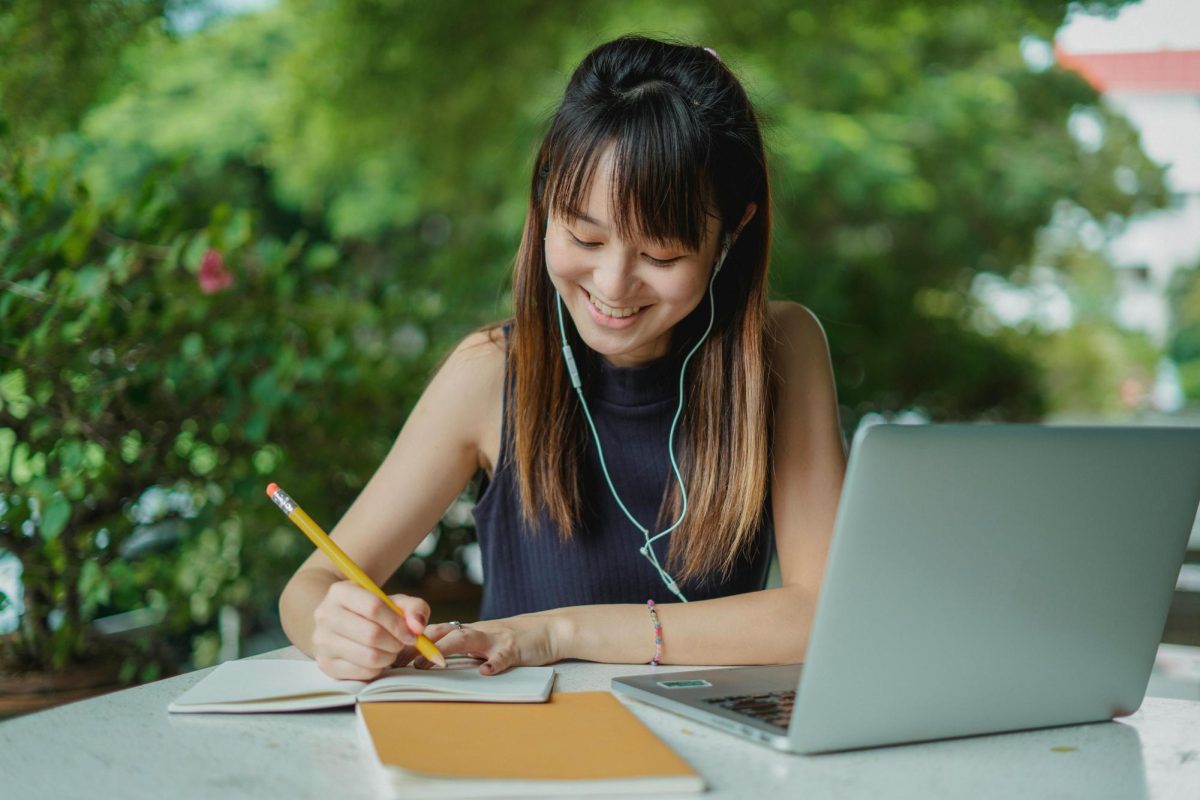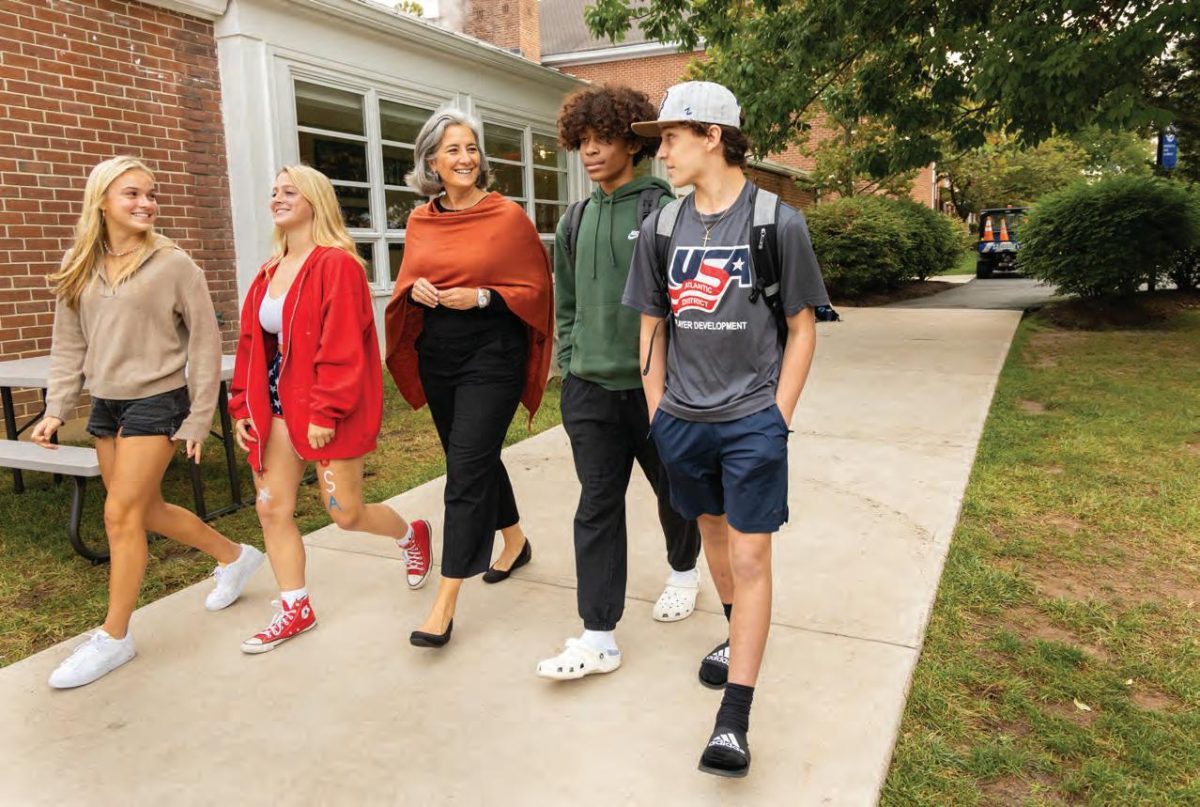
The PDS administration implemented several new rules surrounding phones for the 2024-2025 academic year, one of which restricting phone usage in Shepherd Commons, or Shep, a common area occupied by mostly freshmen. Although the banning of phones in schools has gained popularity within the last couple years, it may cause more harm than good in some cases.
In previous years, phone usage was prohibited in most classrooms at PDS, but this year marks the first time when phone usage has been banned from a common space. This points to a potentially harmful tendency in which phones will be banned in more and more non-classroom settings at school.
Common spaces are meant to be a comfortable area where students are able to spend their free time, and where they have a choice in what they want to do, even if it’s just taking a break. Phones offer students a way to relax and unwind between classes, whether through listening to music, watching videos, or playing games. These short moments of downtime are important for students’ mental health amidst our stressful school lives.
One of the main concerns of the utilization of phones is the consequent decrease in socialization among teens. However, many students experience the complete opposite. Freshman Grant Bagga stated, “I think phones do have their downsides, but, for example, if you and your friends are looking at a cool photo or watching a funny video together, it can actually, I think, build community.”
Sophomore Jace Li added, “When I use my phone, I usually text my friends, ‘Hey, I’m at Shep’ or like, ‘Hey, do you want to work on the project?’ to let them know where I am. If you don’t have your phone it’s just harder to find people and socialize.”
It is not an uncommon sight this year to see everyone huddled around on their computers in Shep, doing individual work. It seems many have simply chosen another screen to look at. On phones, however, socialization with friends can still happen through messaging apps despite not being an in-person conversation.
Interactions between parents and students are also negatively affected by this new rule, since many students use their phones throughout the day to contact their parents. In fact, research has shown that phones, which serve as a quick and easy way to communicate, actually increase socialization between students and parents.
The banning of phones within Shepherd Commons only considers the possible negative outcomes, overlooking the essential role phones in common spaces play in recreation, social connection, and communication for students. It is clear that this ban doesn’t actually solve any issues, but actually introduces new ones. The PDS administration should be focusing on ways to encourage responsible phone use while also recognizing their place in students’ everyday lives.







